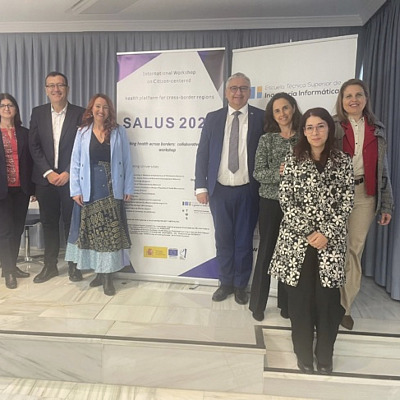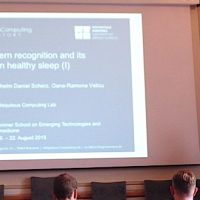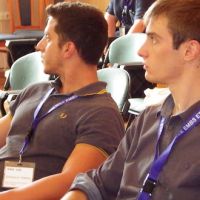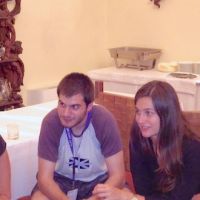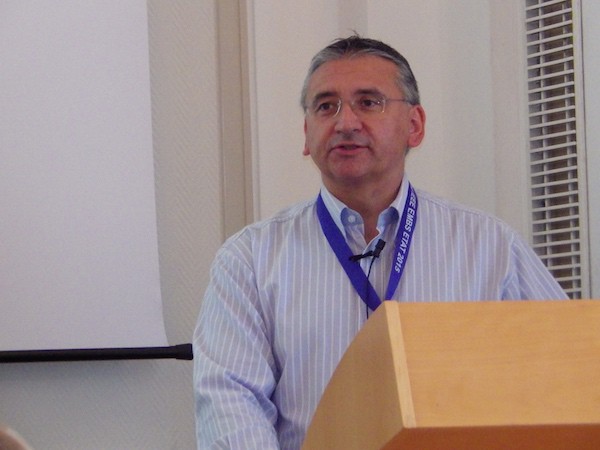
Of course, stress may have a positive aspect in case it helps us to come out of dangerous situations but moving towards a more ordinary scenario, stress is a negative sensation recognized as leading to disease. Some well-known consequences of perdurable stress are failure to respond adequately to mental and emotional demands and errors in decision-making. Because of the subjective perception of stress, it is important to develop methods to determine stress objectively, and if possible, to find methods reducing stress or supporting stress management. A first step into that direction is the recognition of stress patterns in order to avoid stress or at least to decrease the influence of stress. Stress has also influence on our sleep. Poor sleeping quality as well as being short of sleep can lead to psychological and physical health disorders such as depressions, cardiovascular disease, diabetes and others. Many activities executed during the day have influence on our sleep. For example, some people that suffer from a day full of stress may have a ‘sleepless’ night; others may benefit from sport activities shortly before relaxing and going to bed. Tracking of activities, vital data and a person’s context may help to detect patterns that can be used to derive individual proposals leading to a good and healthy sleep. The results presented to the leading researchers in this field and several interested Master and PhD Students are based on the latest research results achieved in the Ubiquitous Lab Research group. The main contributions are based on the running research work from Patrick Datko, Wilhelm Daniel Scherz, and Oana-Ramona Velicu being in different stages of their researcher career. All of them have proven the competiveness of their results in prior international publications.


